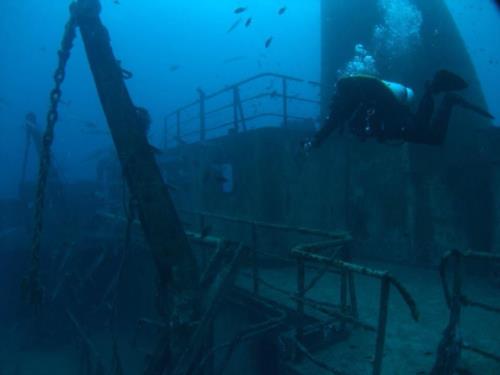
It does not matter if you are just a bubble blowing beginner or a super slick dive pro everybody knows that professional Scuba diving courses are what you need to learn important skills to have fun safely under the water.
But what are the top three questions you have to ask of your prospective instructor or dive centre before signing up for any Scuba diving courses?
To experience the underwater world is truly an experience unlike anything non divers can imagine, and throughout you diving career the skills gained with the right scuba diving courses will allow you to become immersed in the blue world of wonder will all the confidence and safety you need. However there are some very important criteria you must consider beyond simply what Scuba diving courses to take.
1. Does your instructor dive for fun as well as teach?
Of course they do! It’s what they do for a living. But how much diving do they do that isn’t teaching a class? Teaching scuba diving courses is a difficult thing, and making sure that students are learning, having a great time and being safe is an art in itself. But how much diving does you instructor do for fun? When do they put into use the skills they are teaching you? A great instructor will also be an accomplished diver with a good background of personal experience to bring to your class. They should be actively diving beyond the level that they teach and looking constantly develop their own skills and experience. If the answer is yes then you will have richer more rewarding course.
2. How good is the dive centre really?
It’s far to easy to be lured in to booking scuba diving courses with the dive centre that has the cheapest deals or the greatest website, they all teach the same courses right? Wrong. Knock down courses prices mean that the instructors and staff are often poorly paid, or not paid at all. Corners may be cut on maintaining life support equipment. Like anything in life you will get exactly what you pay for. The best thing is often to engage with regular divers on one of the popular forums or just pop over to a local dive site and just ask them who they trained with and where. Divers themselves are great source of unbiased information about local dive centres. I don’t know any experienced diver that would not gladly share their knowledge for the price of a cup of coffee!
3. Have you got the right tools for the job?
I have lost count of the number of students that have had to borrow almost all my spare kit. Not because they have broken or lost an item, it’s just that they don’t own it. Not owning a compass for a navigation class, not owning a light for a night dive, the list goes on. By not having the right kit you are taking a class for the sake of taking a class not to learn a set of skills you need or are ever going to use. There is a safety element to being familiar with your own equipment, plus knowing that it is serviced and functioning properly will enable you to have more fun when diving. Speak to your instructor, and make good equipment decisions and you will save yourself money in the long term and show them that you are serious about being a better diver!